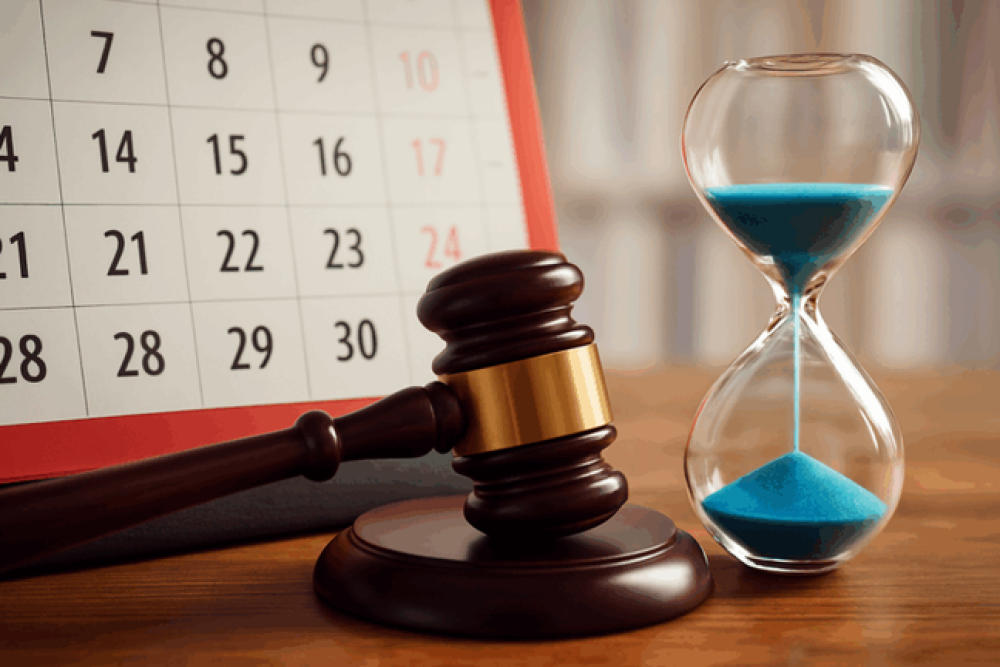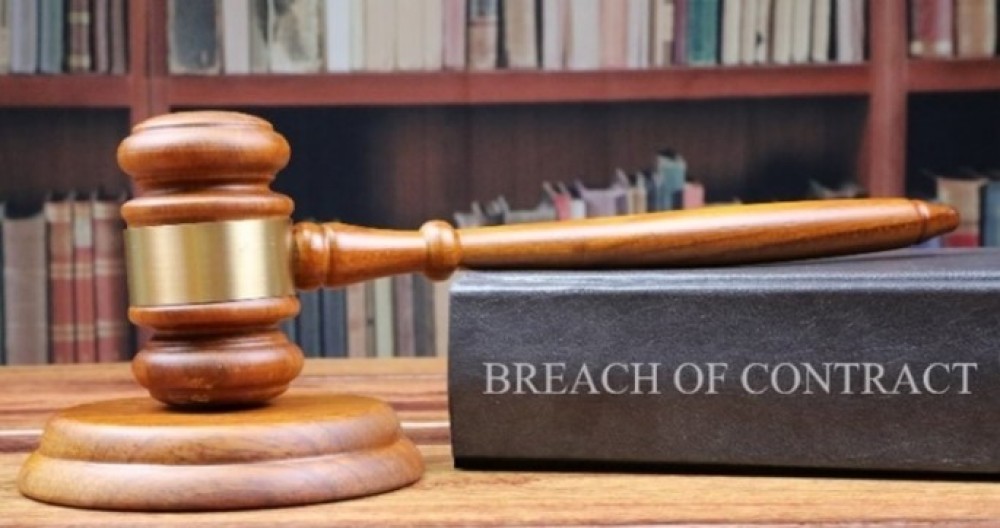Get Your Legal Documents Now!
Whether you are dealing with a complex family matter, facing criminal charges, or navigating the intricacies of business law, our mission is to provide you with comprehensive, compassionate, and expert legal guidance.

Discover how a motion for remand can swiftly return your case from federal to state court. Expert gu...

Learn how to file a motion to substitute parties under FRCP 25 to avoid dismissal in civil litigatio...

Discover how a motion to intervene safeguards your interests in ongoing lawsuits. Learn filing steps...

Empower pro se litigants in lunar resource disputes by drafting effective space treaty challenges. L...

Master fusion energy contract disputes as a pro se litigant by drafting effective partnership breach...

Discover how pro se litigants can navigate exoskeleton liability and prepare enhancement injury suit...
Whether you are dealing with a complex family matter, facing criminal charges, or navigating the intricacies of business law, our mission is to provide you with comprehensive, compassionate, and expert legal guidance.